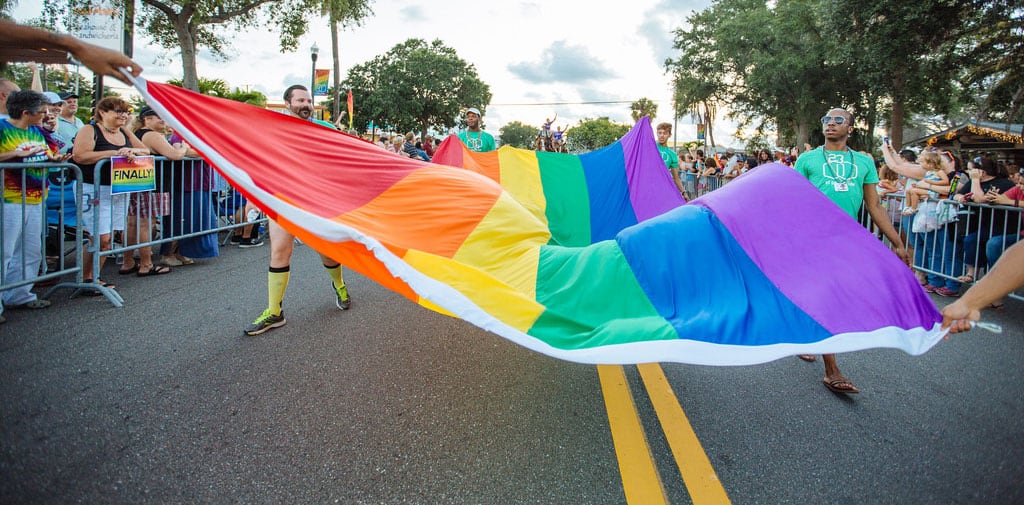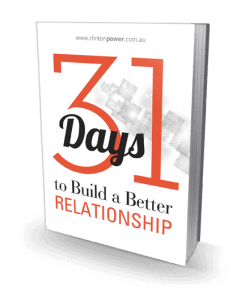The Same-sex Marriage Debate Has Hurt the LGBTQ Community
Despite the resounding ‘yes’ vote, there’s no doubt the Australian same-sex marriage postal survey was a long, unnecessary, and painful experience for many LGBT people.
I’ve been a counsellor, psychotherapist, and relationship therapist for LGBTQI individuals and couples since the early 2000s. And I’m a gay man in straight society, so I’ve got firsthand experience with the struggles of growing up outside of mainstream culture and coming out.
In all my time working with the LGBT community, I’ve never seen so much unnecessary suffering experienced by LGBT people that was caused by a national debate such as the same-sex marriage debate.
If you’re LGBT and you’ve been feeling overwhelmed, angry, or saddened by the recent marriage equality debate in Australia, you’re not alone.
The ‘no campaign’ and LGBT youth
Young LGBT people were especially harmed by the ‘no campaigns’ that went on, and the rampant media coverage of them. Research shows very clearly that LGBT young people are more susceptible to mental illness and display suicide rates higher than the heterosexual population.
Young LGBT people struggle with accepting a different sexual identity or orientation to the majority of people, with coming out in a hostile and homophobic family environment, with internalised homophobia that wreaks havoc on their self-esteem, and with a lack of healthy gay relationship models. And growing up gay in a predominantly straight world makes young people feel like they don’t fit in.
Even being same-sex attracted as a teenager or young person can be very scary and confusing because LGBT people don’t see many other like-minded people around them. This can lead them to the suppression of their sexuality. LGBT people then hide their same-sex attraction from their family or friends out of fear of being discovered and shamed for being different.
So imagine how listening to the rhetoric of the ‘no campaign’ ads felt to a gay 14-year-old. I can only imagine that the commentary in the media had negative consequences for those people who are struggling with their sexuality or considering coming out. It makes it much harder for a person to come out in a non-accepting environment, so it’s likely that these people decided not to come out during this time.
It’s no wonder that many of my clients (young and old) were feeling angry, sad, and outraged that the postal survey and debate about same-sex marriage was going ahead.
As the debate continued over many weeks, I noticed the psychological wellbeing of a number of my clients deteriorated. The ‘no campaign’ had a huge impact on the mental health of many LGBT people. Many LGBT people were feeling a whole range of feelings including anger, confusion, self-doubt, self-loathing, sadness, anxiety, and depression. There was an increase in enquiries to our counselling practice during the time of the same-sex postal survey, and at other LGBT mental health organisations.
What really troubled LGBT clients about the ‘no’ campaign
The main concern I saw among many of my LGBT clients was that same-sex marriage was being conflated with other unrelated issues such as the Safe Schools Program, same-sex adoption, and other unrelated gender issues. They felt that a simple question—whether two people of the same sex can marry—was being muddied by other controversial issues. And it was being confused to create panic in the general public and increase the number of ‘no’ votes.
The other main concern for LGBT people was how the general public could vote on a human rights issue: “can two people of the same sex marry?” This was incredibly distressing. Many of my clients reported feeling out of control that this was allowed to occur.
A number of my clients reported that they had to turn off the television, not listen to the news, and not engage in social media, because the same-sex marriage debate was causing them so much distress. I also had instances of clients falling out with friends and family because their loved ones had decided to vote no.
And the turmoil was felt in the LGBT population at large. I think the very negative discussion around same-sex marriage was bringing up a lot of shame for LGBT folk.
Some of the people I work with who feel very comfortable with their sexual orientation still struggled with the negative commentary in the media and started to question their self-worth. It brought up feelings of shame for otherwise mentally healthy LGBT people. Organisations like Lifeline and Reach Out reported an increase in calls made to them following the commencement of the postal vote.
The government’s approach to same-sex marriage, and the LGBT response
I’m hearing from many LGBT people now their sense of anger and outrage against the government, despite the fact the ‘yes’ vote won. The issue could have been resolved quickly with a parliamentary vote. Instead, we ended up having an ugly debate about same-sex marriage, the legitimacy of gay people to marry the person they love, and whether gay people deserve the same rights as heterosexual people. This created incredible pain and suffering for many LGBT people, and it was not necessary.
If you’re LGBTQI and feeling lost after these recent events, don’t suffer alone. Reach out to a friend or family member you trust or consider seeking gay affirmative therapy.
Are you a gay or lesbian person who is struggling in your life or relationships?
If so, contact Sydney Gay Counselling on (02) 8968 9323 or book an appointment online today to find out how we can help.
photo credit: CityofStPete St. Pete Pride Parade 2015 via photopin (license)

